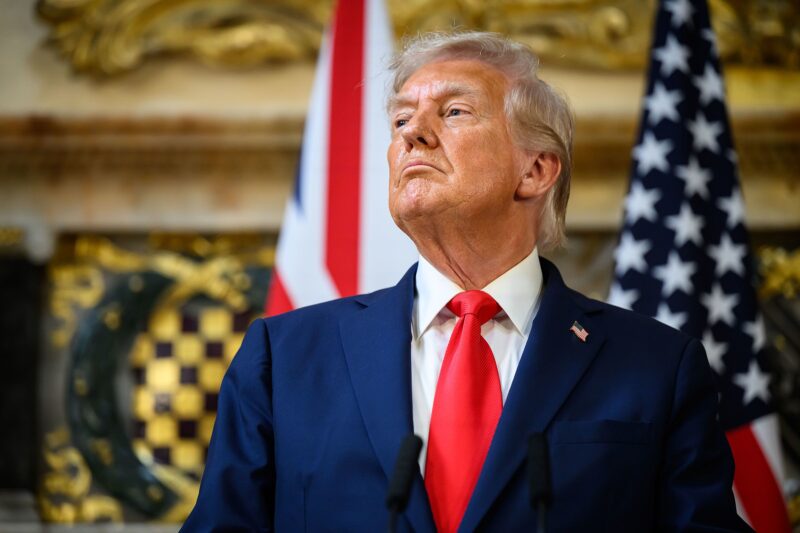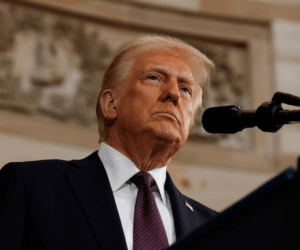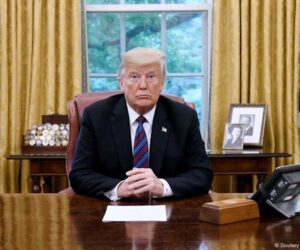U.S. President Donald Trump significantly expanded his fixed-income portfolio between late August and early October, purchasing at least $82 million in corporate and municipal bonds, according to financial disclosures released by the U.S. Office of Government Ethics.
The filings, made public on Saturday under the Ethics in Government Act of 1978, show that Trump executed more than 175 separate bond transactions between August 28 and October 2. While U.S. disclosure rules provide value ranges rather than exact figures, the maximum potential value of the purchases exceeds $337 million.
Most of the newly acquired assets are municipal bonds—debt instruments issued by U.S. states, counties, school districts, and other public-sector entities. Such bonds are typically favoured by high-net-worth investors seeking stable, tax-efficient returns.
Bond buys point to policy-aligned sectors
Trump also bought into several corporate issuances across industries that have seen gains under his administration, particularly technology, semiconductors, consumer retail, and financial services.
Broadcom, Qualcomm, Meta Platforms, Home Depot, CVS Health, Goldman Sachs, Morgan Stanley and JPMorgan Chase are among the companies whose bonds he bought. The filings also show purchases of Intel bonds, shortly after the U.S. government—under Trump’s directive—took an equity stake in the chipmaker.
The investments in Wall Street banks came just before Trump publicly called for a Justice Department investigation into JPMorgan over its historical relationship with the late financier Jeffrey Epstein—a link the bank has previously acknowledged as a failure of oversight.
Ethics scrutiny continues
Officials have repeatedly said that Trump and his family do not manage his investment portfolio directly, which is overseen by a third-party financial institution.
However, the president’s financial activity continues to draw scrutiny in Washington.
An earlier August filing showed Trump had already purchased more than $100 million in bonds since returning to office in January, while his June annual disclosure reported more than $600 million in income from cryptocurrencies, golf courses, licensing deals, and other ventures.
That report also placed his assets at a minimum of $1.6 billion, underscoring the scale of his personal wealth even as he serves in public office. Ethics advocates have continued to warn that the combination of private business interests and public policy influence presents risks of perceived conflicts—concerns that have trailed Trump since his first term.
U.S. equities fell sharply on Friday ahead of the weekend release of the filings, with all three major indices down more than one per cent at the open before paring losses later in the session.









